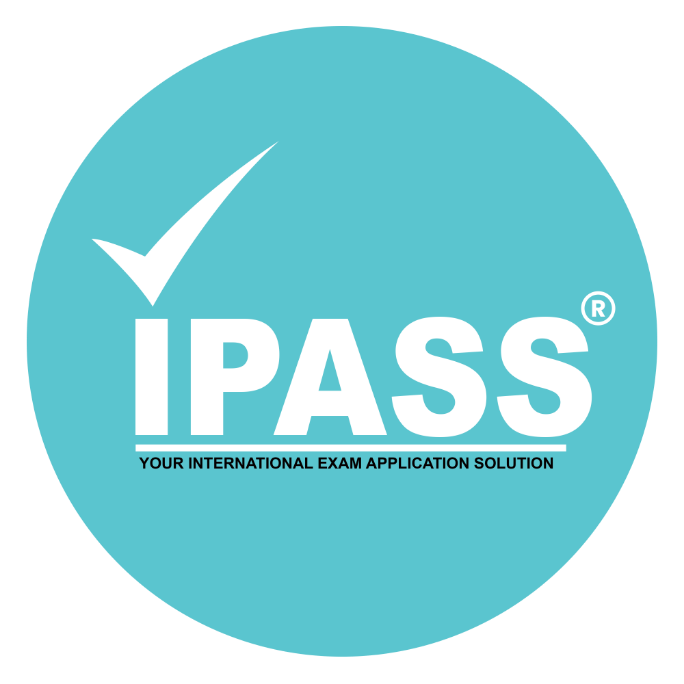Your cart is currently empty!

Challenges of Being a Nurse in the Middle East and How to Overcome Them
(Estimated reading time: 5 minutes)
Known as one of the to-go regions to seek well-paying jobs, the Middle East has been one of the front-runners, along with the US, in terms of employment opportunities. So it is no surprise that several nurses flock to the region for work because of their tax-free salaries and other attractive benefits. However, it’s not uncommon that challenges accompany many OFW and other foreign nurses alike working in the Middle East.
Middle East is a new environment to work in, as well as you also get to work with new people of varying principles. Therefore, learning about the country you want to work for in the Middle East is always advantageous to easily navigate such hurdles.
Challenges of Nurses working in the Middle East
While you may have heard or read that working in the Middle East is better than working here in the Philippines or your home country, you should also understand that working there comes with unique challenges.
Below are some of the common challenges nurses working abroad might encounter.
Upholding their Culture and Traditions
The prospect of experiencing culture shock in a foreign country is high and can be overwhelming. However, this is quickly addressed by preparing and researching the country you intend to work in beforehand. Remember that respecting each other’s differences is understanding the significance and importance of each other’s beliefs.
When working in the Middle East, remember that most of these countries are Islamic. Some require every citizen, natural-born or expatriate, to conform to their culture and traditions.
Mainly, nations like Saudi Arabia and the UAE are relatively conservative. Meaning they value their Arabic and Islamic roots very much. Deviating from their nation’s customs is greatly frowned upon and may be punishable by their law. Unlike the previously mentioned nations, Bahrain, Qatar, and Oman are much more liberal concerning their traditions.
Language barriers
Despite having English as their primary language in their work environment, the Middle East is still generally an Arabic region. And although learning and speaking their language isn’t a requirement, knowing at least the basics can be very advantageous. Therefore, communicating using their native language with patients who may not know or are not entirely fluent in English is beneficial to avoid miscommunication.
Climate
The majority of the Middle East is known to have sweltering temperatures. Most notably, Bahrain and Qatar, with average annual temperatures of 28.23°C / 82.81°F and 28.02°C / 82.44°F, respectively, from 1991 to 2020. Furthermore, vast deserts commonly surround the Middle East region, and rainfall is rare.
Effects of such an arid climate may undermine your health, risking not just you but also your work. So when you get to whichever country in the Middle East, be prepared for their climate. Ensure to bring water and all the necessary things to protect you from outside heat.
Living Expenses
While most employers for nurses provide free accommodation as part of their benefits, your day-to-day food expenses may be outside of such benefits. Food and other living expenses are pretty expensive in the Middle East, just like in Qatar and the UAE. Be wise enough to spend on only the things that you especially need if you are short on budget.
Ideally, the goal is to save up while working in the Middle East. Although spending money on leisure and enjoyment once in a while is okay, it is also vital that you know your limits. So make a habit of budgeting your hard-earned money while working and living there to avoid unnecessary expenditures you might regret.
Home Sickness
Part of working overseas is the feeling of loneliness from being away from home. In addition, you might feel anxiety and the need to go home from time to time despite only starting to work there. Being homesick isn’t inherently bad or wrong, but it helps to know how to cope in situations like this.
For first-time expats, when you feel homesick, sometimes it gets the better of you. Often, when you do, you tend to overthink and brood. And unfortunately, thoughts and feelings like these disrupt your work performance and state of mind.
To overcome this challenge, it’s always a good step to have an outlet to pour out your frustrations, say like a diary, or if you have a friend you can readily confide in over there. Alternatively, you can keep yourself busy by doing things in your leisure like exploring the new environment you are in. You can also try going out, socializing with coworkers, and meeting new people.
The Bottom Line
Several nurses opt to go abroad to work for better salaries and benefits. However, working and living overseas does not come easy for them. It comes with its unique challenges that one must endure and overcome if one wants to succeed. Like every other foreign nurse, Filipino nurses are likely to encounter challenges that may overwhelm them.
The Middle East is a whole new culture and place, and the environment presents a myriad of unfamiliarity. Adapting to these changes can be stressful, but that doesn’t mean it’s all doom and gloom at this point. There are absolutely ways in which you can help yourself. It’s only a matter of being wise not to let these challenges get the better of you.
Working overseas, especially in the Middle East, is challenging. However, don’t let it discourage you from pursuing and committing to stay and work there. Aside from their attractive tax-free salary and other benefits, there is much more to see in the Middle East outside of work.
If you’re finally set on pursuing your nursing career in the Middle East and plan to take their licensure exam, IPASS Processing is here to help you! IPASS Processing has helped thousands of nurses in the Philippines and worldwide in their nurse licensure exams in the US, Australia, and the Middle East. We always strive to provide exemplary service to assist you in achieving your nursing career abroad!
Disclaimer: IPASS Processing is not a recruitment agency. We do not hire or deploy medical professionals abroad. IPASS Processing is a processing agency that provides license exam application assistance in the United States, the Middle East, and Australia.
Recommended Reads
- Ace the May 2025 PNLE: Final Week Preparation Tips
- Nursing Job Opportunities in the Philippines for USRNs
- AHPRA Registration 2025: Updated Pathways for IQRNs
- The Benefits of Pursuing a Midwifery Career in the UK
- Types of Nurses: Discover Your Perfect Nursing Path
Recommended Topics
- ASCPi (1)
- Australia (8)
- Canada (5)
- Exam Tips (28)
- General (120)
- IPASS Events (10)
- IPASS News (129)
- Middle East Nursing (17)
- NCLEX (63)
- New Zealand (3)
- NMBI Ireland (1)
- Online Review (13)
- PNLE Online Review (2)
- Tourist Visa (1)
- UKNMC (1)
- US Nursing (12)
- UWorld (1)
- VisaScreen (3)








Leave a Reply